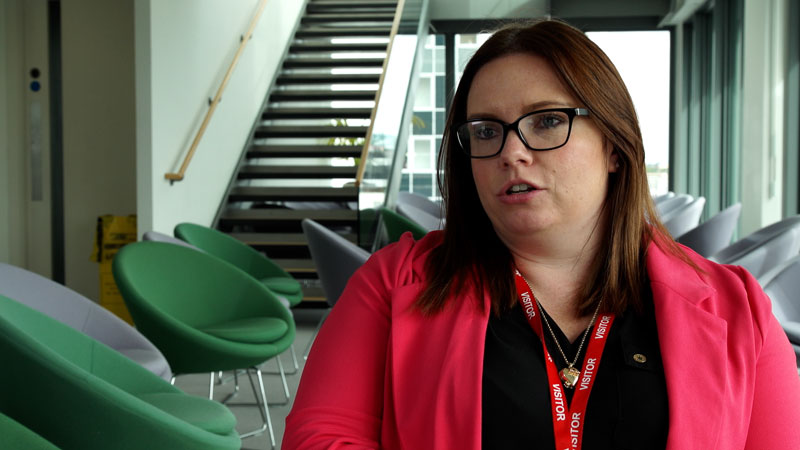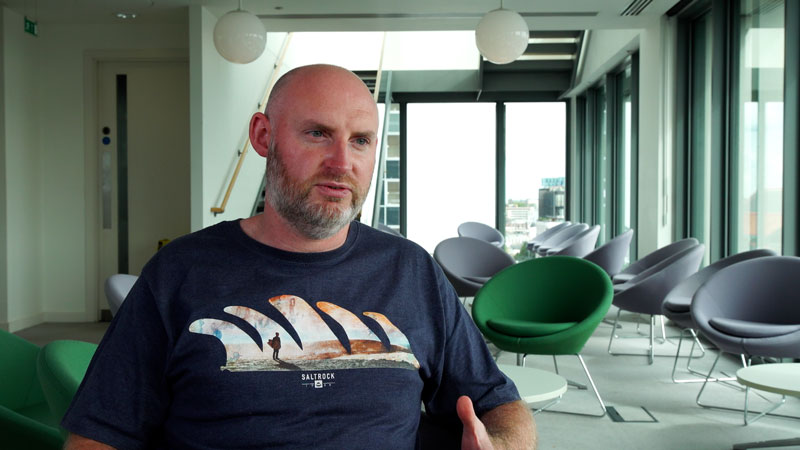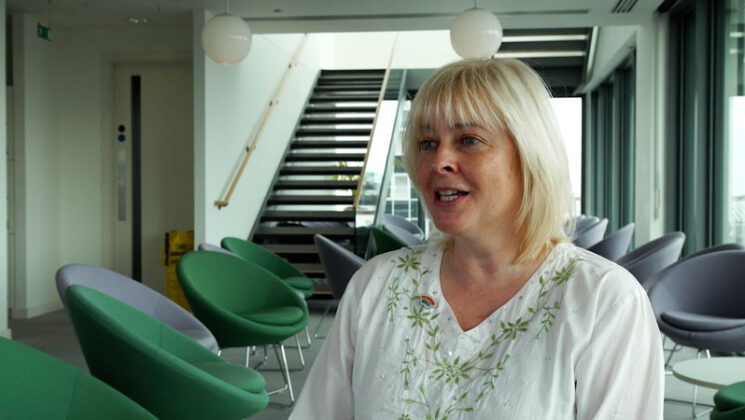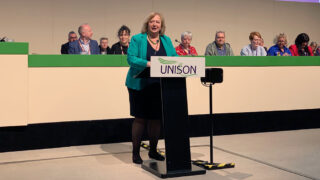Last month, members from UNISON’s student nurse and midwife network met in person for the first time, at UNISON Centre.
Over the past 18 months, the network has grown out of a seed of necessity – from a period that should have been about learning, practising and getting their feet under the table, but became one of unprecedented fear, danger and a rapidly evolving healthcare crisis as the world plunged into the pandemic.
Being a student nurse isn’t ‘a job’, nor is it like doing any normal degree. Student nurses don’t get paid while they are completing the 2,300 hours of clinical placement and 2,300 hours of theory required to register with the Nursing and Midwifery Council. In fact, in England, they pay fees like typical university students and, similarly, must apply for loans to cover the cost of their course (the funding situation varies in the other three nations).
When the pandemic hit, senior student nurses were given the option to take paid placements on the frontline while, as far as practicable, continuing to count their hours in clinical practice against their required hours; those who decided not to take paid placements, whether due to personal or familial vulnerability, or by choice, could continue the theory element of their studies virtually.
Joy O’Gorman (main picture, above), a newly qualified nurse from Plymouth, who was instrumental in the founding of the network, explained that it grew organically out of a need to ensure that student nurses – whether suddenly finding themselves on the frontline or trying to carry on with their studies – had a platform to voice their concerns and ensure they were protected during the crisis.
“I attended a safe staffing conference in March 2020, where I met some of the UNISON officers and learnt about the union,” she says. “Then the pandemic hit and there was some serious decision-making needed. UNISON were really hot on ensuring that, when they were meeting and working with the government, they had students’ voices and insights included.”
Joy launched a Twitter account to bring students together and notify them of the decisions that were being made. “As human beings get together and collectively identify issues, raise concerns and find solutions, they grow stronger and stronger.”
Soon, the network, with help from UNISON’s health team, began to meet to flag up issues students were having, moving onto organising regular webinars to support other students before they went out onto emergency placements.
They campaigned about the injustice of paying tuition fees during a pandemic, inviting MPs and ministers to talk to them. And they met with health leaders to share their perspective and help to inform vital issues like the introduction of emergency standards.
Joy said that the network had been “a lifeline and a vital platform” throughout members’ degrees.
“The whole team at UNISON have been fantastic at checking in with students, listening to our voices throughout the four nations, addressing concerns, finding problems that many students were having and, together, thrashing out solutions.
“I’m so proud that now, here today, we’ve got an established network in under a year which has done fantastic, ground-breaking work. It’s been invigorating and empowering to be part of the change that we wanted to see happen.”
The day at UNISON Centre saw the members evaluating the work of the network over the past year and understanding why it had been so successful. They also discussed what could have been improved and how UNISON could better support student nurses in the future, especially around the issue of catching up hours they’d missed over the last two years.
The positivity was palpable. Speaking to some of the other nurses at the event, it was obvious how personal and different the challenges they faced had been, both before and during the pandemic.

Newly qualified palliative care nurse, Natalie Elliot (above), said: “This is a second career for me. I was an accountant and I started to realise I was more interested in the people I was dealing with rather than the numbers.”
She described some of her paid placements during the pandemic. “My first paid placement was within clinical research, which was an amazing opportunity really. We did the vaccine trials for the AstraZeneca vaccine, and we were also looking at the data behind COVID, as it was a new, emerging virus.
“We were looking at things like co-morbidities and making the relationships between COVID and obesity, heart disease and why it was more prevalent in men and the Asian communities. It was such an amazing privilege to be a part of it.
“But then, in January, I went onto a COVID ward, which was completely different. The first placement was all about hope, this one was in care of the elderly and there were a lot of deaths. It was really challenging. It was a privilege, as well, to be there for people who couldn’t have their families there when they were dying. But it was two real extremes.”
Her final placement was in a ‘Gastro’ ward. “Though the pandemic felt like it was coming towards an end, we were starting to feel the knock-on effect of the short-staffing, staff burnout and all these kinds of things. It’s been a whirlwind of an experience over the pandemic.”

Another newly qualified nurse from Swansea, Simon James (above), spoke about how much of a support UNISON has been.
“Joy has been really good at co-ordinating, and the UNISON officers have played a massive part. It’s just having that support base so that if you do have a problem, you can go and speak to someone about it. You know it’s in confidence and you can work it out between yourselves, but if it does need to go further you’ve got people who will fight your corner.”
One newly qualified nurse, Karen Sprod, explained how she arrived at her choice to become a nurse. “I started volunteering in the kitchen of a local hospice near where I live, one day a month, and it was a really lovely place. It wasn’t as miserable as most people think hospices are.”
From there she started volunteering as a healthcare assistant before joining the ‘banks’, which allowed her to pick up unfilled shifts and she then decided to pursue a career in nursing. She said: “You feel valued, not every day, but that’s life. But you do make a difference to at least one person every single day. And I think that was just really what made me want to be a nurse.”
Through the day, the students participated in various sessions, starting with feedback on what worked best and what helped them the most, before talking to people from the Nursing and Midwifery Council and Health Education England, to share their perspectives, and taking part in educational sessions to better understand the UNISON structure of UNISON and how to work within it.
They concluded the day working with the UNISON health team to identify campaigning priorities for students.
Speaking of how valuable the network has been for the union, UNISON’s national officer for nursing, Stuart Tuckwood, said: “The students on the network have been brilliant throughout the whole pandemic. We know that the NHS has had a really tough time and the students, who have been trying to maintain their studies and support the NHS, have worked really, really hard, and have faced a lot of challenges.
“The students have worked with us, they’ve spoken to their colleagues and helped us to understand those challenges. Then, they’ve helped us take those problems right to the very top of the NHS, people at the Nursing and Midwifery Council and Health Education England to help them understand what students are going through. It’s been unbelievably valuable to help us keep students safe, supported and protected.”
When asked what she would say to a first year nurse just starting out on their journey, Joy said: “You, as a student, are an individual with individual strengths qualities and needs. I would say UNISON is about the people first and foremost and being part of it allows you to contribute your voice.
“It’s there for you as and when you need it. You would be surprised at how many difficult obstacles there are, which you would never think of. The union were there for me at a time when I needed them. I never thought I would, but I’m grateful that they were.”
- Follow the student nurse and midwife network on Twitter



